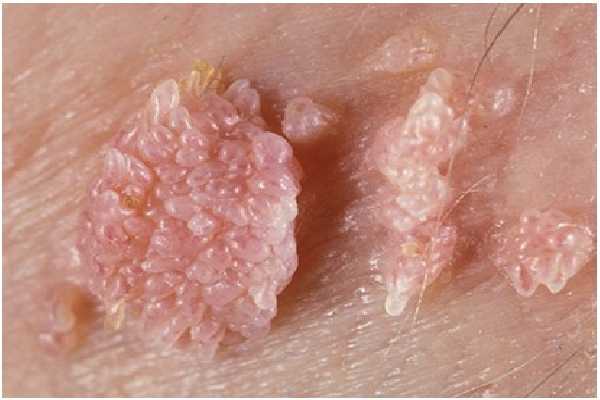All You Need To Know About Genital Warts

There are various sexually transmitted infections, including syphilis, chlamydia, gonorrhea, HIV, and genital warts. These STIs would present different signs and symptoms; some would be painful and irritating, while other infections would have painless alerts.
The worst case is, you may have some of the STDs without knowing. This hinders early detection and disease management. Also, some infections have no cure. Still, through with the help of STD tests and screening process, you can always know your status and find the best management method.
Here is what you should know about Genital warts;
What Are Genital Warts?
Genital warts are one of the most common STDs affecting a larger population. In fact, the Centers for Disease Control and Prevention report that HPV, the virus that causes genital warts, is the most widespread STI in the U.S.
Also known as venereal warts, genital warts are small, fresh growths or lumps that develop around the genitals- penis, vagina, or anus and sometimes on the upper thighs. They are caused by a human papillomavirus (HPV) virus, affecting both males and females.
How Do You Get Genital Warts?
Genital warts are spread through close contact like having unprotected vaginal, anus, and oral sex with an infected person.
You can as well get warts by sharing sex toys, especially those used by infected individuals. This is a significant concern for adult toy users, who are estimated to be over 30 billion worldwide. Women can also pass the infection to their babies during birth.
Therefore the disease spread through:
- Sexual intercourse
- Giving and receiving oral sex from people with warts, especially those with warts of their mouths, lips, and tongues
- Genital touch with an infected person even without ejaculation
What Increases Your Risks of Genital Warts?
You risk getting genital warts if;
- You have multiple sex partners
- You don’t use condoms or protection while having sex
- Sharing of various sex toys
- A weak immune system, especially after any STD or cancer infection, also increases your chances.
Therefore, to prevent or avoid getting genital warts, you should upgrade your condom game and ensure you use protection for any sexual contact. Also, ensure regularly and wash sex toys before using.
How Do You Know You Have Genital Warts?
Watch out for the following signs and symptoms:
- One or clustered growths around your genitals
- Painful and irritating lumps, especially if they grow together
- Itching and bleeding around your genitals
- Moist and rough cauliflower-like lumps
- Change in your normal pee flow reduced or increased urge of urination
In males, these growths appear on the penis, scrotum, groin, thighs, or inside the anus. And for the females, warts appear inside the vagina or anus, cervix, and around the thighs. Its, however, difficult to detect warts inside the vagina or anus, and most people with warts inside would not know they have them.
How Are Genital Warts Diagnosed?
If you experience the signs and symptoms mentioned above, visit the hospital for checkups. Your doctor may know you have warts through physical examination of the outside symptoms. They may also perform the following tests:
Pap smear test- Your doctor may conduct a Pap smear as part of your pelvic examination to check if the warts cause-specific cervical changes
Blood test: Your doctor may perform a blood test while testing for other STDs like syphilis, gonorrhea and chlamydia, and any other STI relating to genital warts.
How Can You Manage or Treat Genital Warts?
Some warts would go away on their own. However, others may get bigger and larger that require removal. Also, the treatment technique used would depend on the type of warts and where they’re located. In most cases, the treatment method aims to numb warts or destroy them.
So, you doctors may advise;
- You apply lotion or cream and chemicals to warts to help reduce the pain and discomfort.
- Destroying warts through; heating and electrocautery to burn away warts or freeze using cryotherapy to remove warts.
- Loop electrosurgical excision procedure- this method is effective in removing warts from the women’s cervix.
What Happens When Genital Warts Are Not Managed In Time?
It’s best if you rush to the hospital for a checkup immediately you notice any painful skin-colored bumps or raised on your genitals and thighs.
In females, failing to get early treatment would result in complications like vaginal and cervical changes- dysplasia, leading to cervical cancer. Also, genital warts increase your risk of pregnancy complications. For instance, they may bleed or get larger hence blocking the birth canal. This would force you to give birth through cesarean section.
Conclusion
Genital warts are widespread, and to avoid contracting them, you must limit the number of your sexual partners and avoid sharing uncleansed sexual toys. Most importantly, go for regular STD screening and make good use of protection every time you’re having sex.
